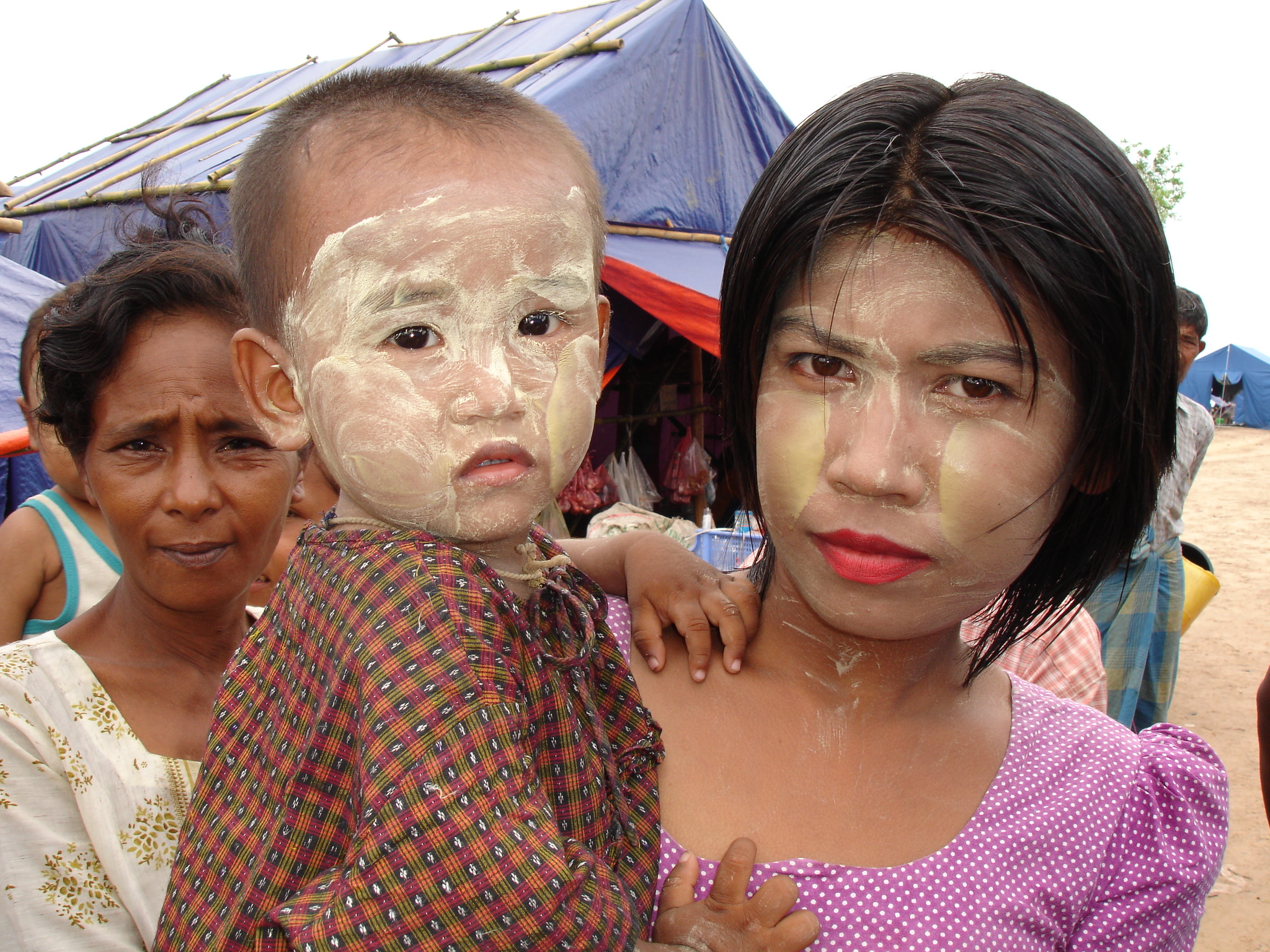Nearly half of a US$484 million July appeal by 13 UN organisations and 23 NGOs for relief and recovery efforts in Myanmar remains unfunded.
But according to the Tripartite Core Group (TCG), comprising the Myanmar government, Association of Southeast Asian Nations (ASEAN) and the UN, the need for relief and recovery efforts is more important than ever.
Since Cyclone Nargis struck on 2 and 3 May, food aid has been delivered to almost one million people and more than 2,500 schools have received support, benefiting over 500,000 children.
More than 1.7 million people have received some form of emergency shelter assistance, 460,000 animals have been vaccinated and almost 9,000 families have gained access to sanitation facilities.
There has been no significant increase in morbidity and mortality, according to medical specialists, who have sought to prevent possible disease outbreaks and meet emergency nutrition problems.
Challenges ahead
But despite such achievements, some isolated areas have yet to be reached.
According to a recent assessment by World Vision, fewer than two-thirds of those surveyed in the hard-hit southwestern delta region reported having access to safe, clean drinking water.
 Photo: cm/IRIN  |
| A recently rebuilt fisherman's home in Myanmar's cyclone-affected delta |
Moreover, up to 30 percent of children aged five to 11 were not enrolled in school at the time of the assessment, and of those aged 12 -17, more than half were not, the NGO said.
"There are still urgent needs," UN Resident Coordinator Bishow Parajuli told IRIN in Yangon, in addition to ongoing early recovery needs such as sustainable shelter and livelihood support.
Many survivors remain vulnerable, especially in terms of continued access to clean water, adequate shelter and restoring livelihoods.
"Livelihoods remain the main concern for affected communities now," said Edward Hew, a programme officer for Mercy Malaysia, an NGO that has been working in the worst affected areas throughout.
A significant problem is an expected low rice harvest.
"The rice crop isn't as good as people had hoped it would be which is why we extended our food aid programme beyond the emergency phase," Ashley Jonathan Clements, emergency advocacy adviser for World Vision, said.
But food assistance is just part of the equation. In the aftermath of the category four storm, large parts of the low-lying areas were flooded, contaminating wells, containment ponds and rivers and the salinity of these traditional sources of drinking water remains high.
And with the country now experiencing the dry season, families will have few options for obtaining clean drinking water, increasing the risk of disease, according to Save the Children.
 Photo: Contributor/IRIN  |
| Nargis left nearly 140,000 people dead or missing |
"The lack of clean water will directly affect the health of children. Scarce family resources will be further strained if they must purchase water, as will relationships among communities if they must compete for this resource," he said.
Agencies warn of these and other outstanding needs and express concern that the country might fall off donors' radar screen.
"The time is really now to continue focusing on some of the priorities," Thierry Delbreuve, of the UN Office for the Coordination of Humanitarian Affairs (OCHA)told IRIN.
"The work is not done and there is still a lot to be achieved," he stressed. "If you don't give the support that they deserve, they will be relying on external assistance," he warned.
cm/ds/mw
This article was produced by IRIN News while it was part of the United Nations Office for the Coordination of Humanitarian Affairs. Please send queries on copyright or liability to the UN. For more information: https://shop.un.org/rights-permissions





